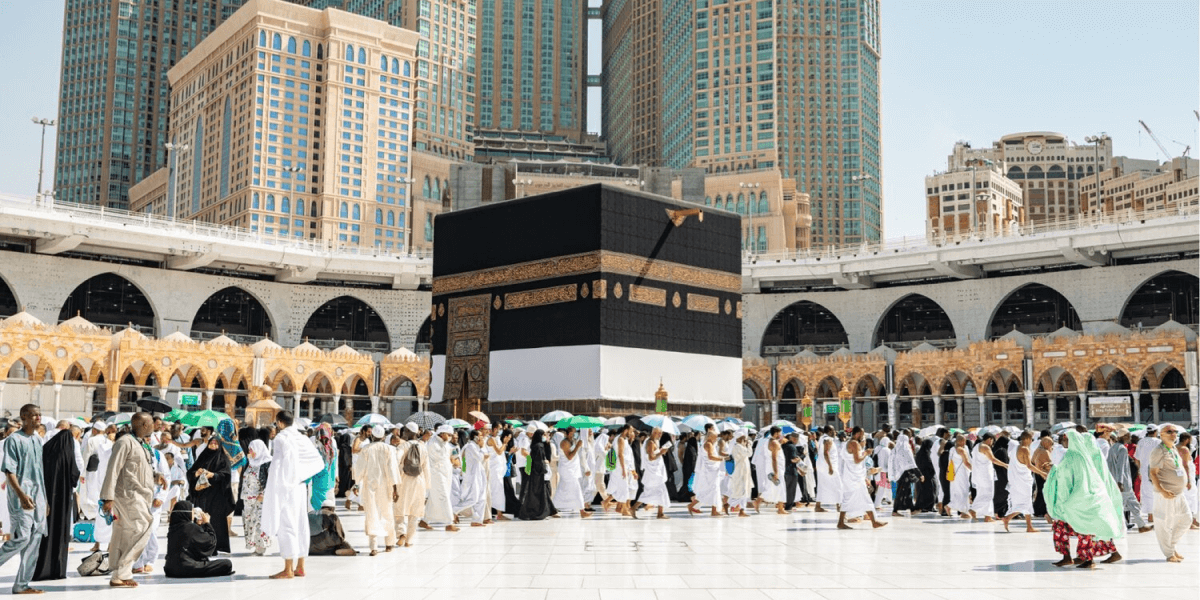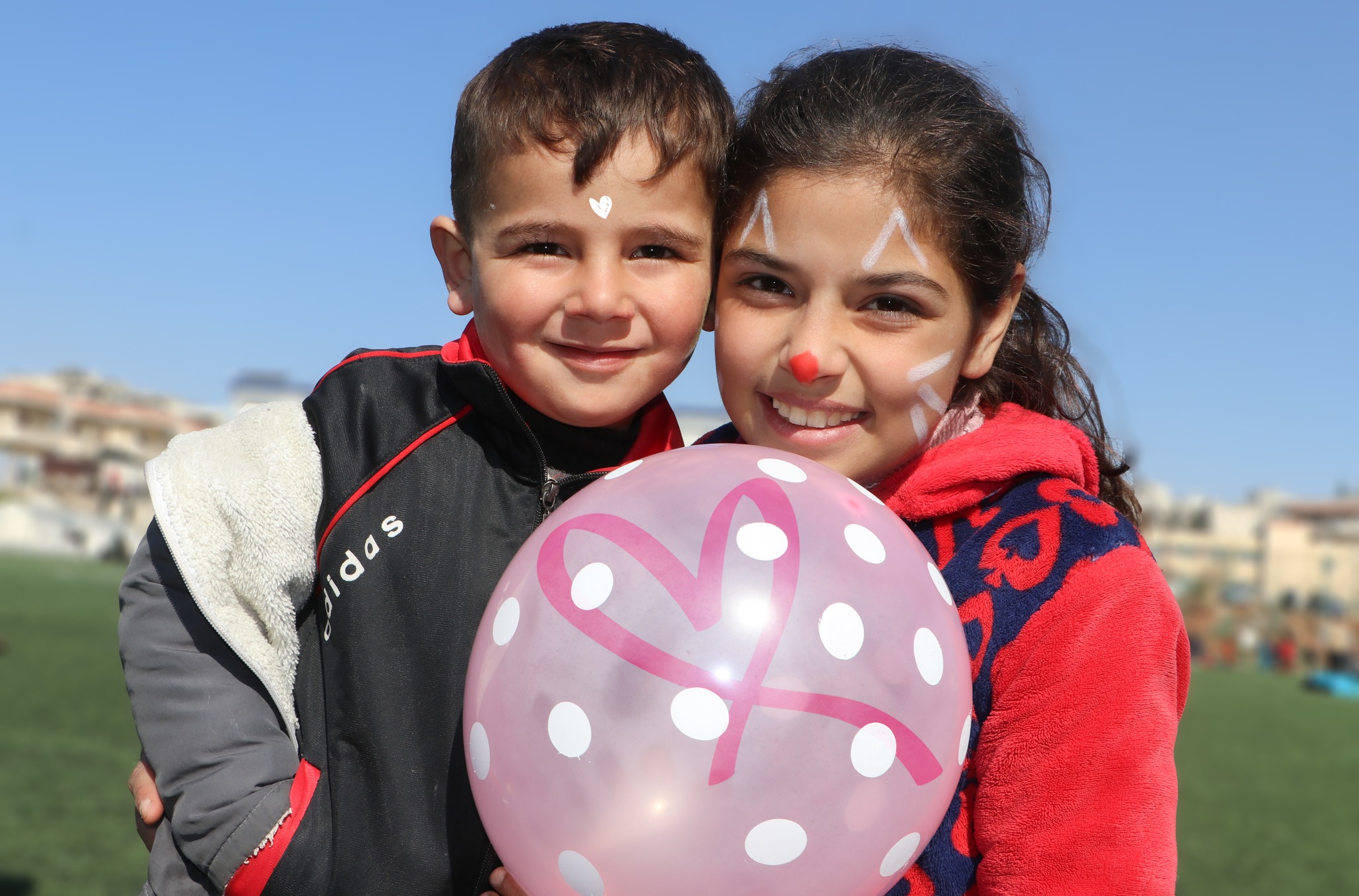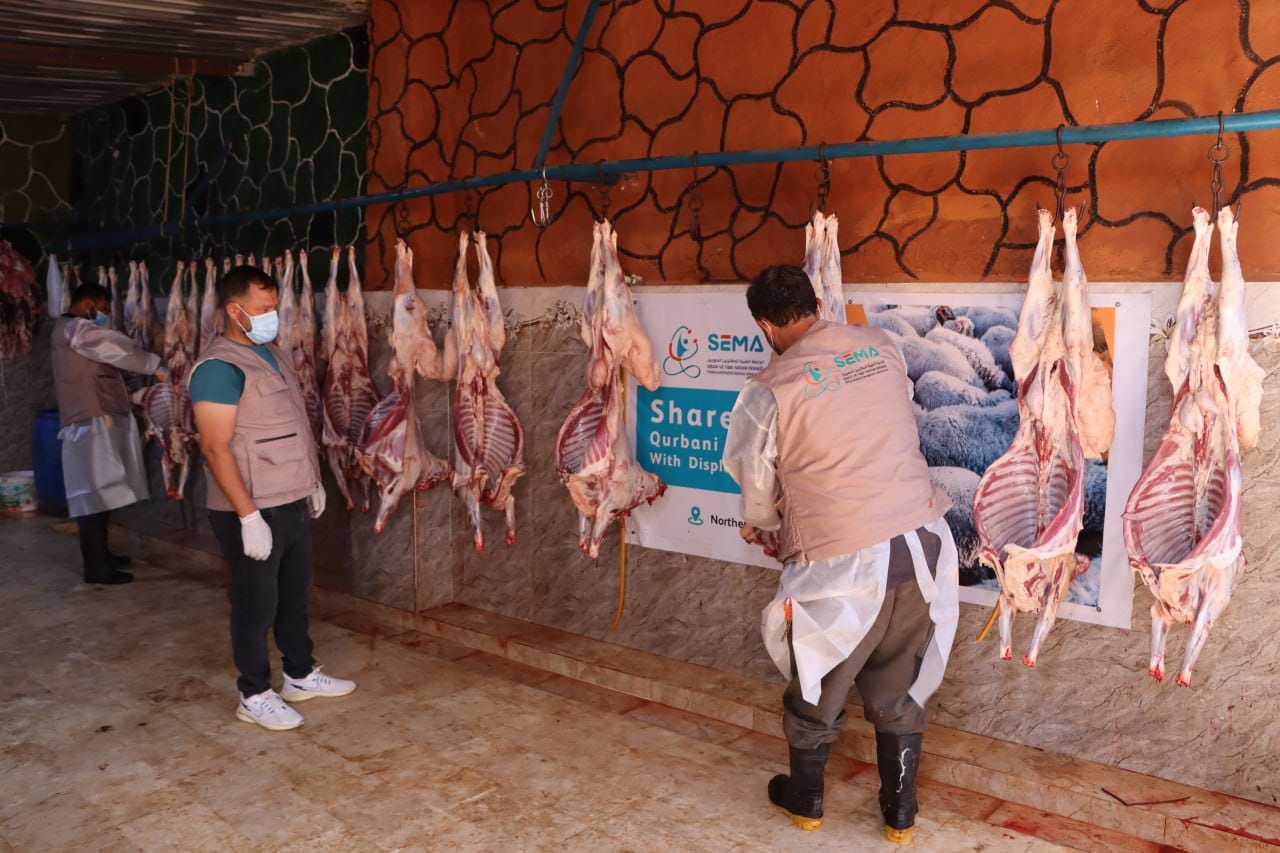Arafah Day is a significant day in the Islamic calendar, marking the 9th day of Dhul-Hijjah. It is a day of immense spiritual importance, especially for pilgrims who gather on the plains of Arafat as part of their Hajj pilgrimage. For Muslims worldwide, it is an opportunity for worship, reflection, and seeking Allah’s mercy.
Understanding Arafah Day
Arafah Day holds a special place in Islamic tradition. Historically, it is the day when the Prophet Muhammad delivered his Farewell Sermon. The day is intricately linked to the Hajj pilgrimage, where standing on the plains of Arafat is considered the pinnacle of the Hajj rites. The rituals performed on this day include standing in prayer and supplication, seeking forgiveness, and reflecting on one’s faith.
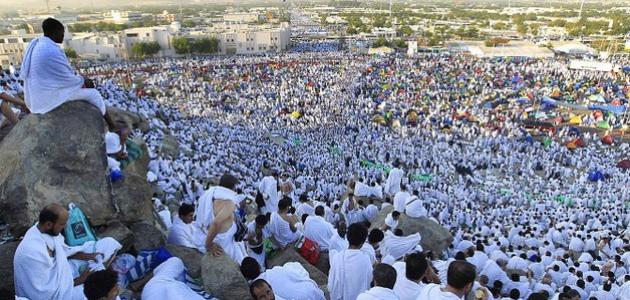
The Virtues of Arafah Day
Arafah Day is a day of immense blessings and spiritual rewards. It is known as the day of forgiveness and freedom from the fire. The Prophet Muhammad (peace be upon him) highlighted the virtues of this day, stating that fasting on Arafah expiates the sins of the previous and coming year. Muslims are encouraged to seize this day to earn abundant rewards through various acts of worship and good deeds.
Preparation for Arafah Day
Preparing mentally and spiritually for Arafah Day is crucial. Self-reflection and repentance in the days leading up to Arafah enhance the spiritual experience. Fasting on this day is highly recommended for those not performing Hajj, as it purifies the soul and brings one closer to Allah.
10 Activities to Maximize your Arafah Day
1. Engage in Worship and Supplication: Muslims are encouraged to dedicate Arafah Day to earnest worship and supplication. The power of sincere prayers on this day cannot be overstated, as Allah’s mercy is abundant.
2. Reflect on Personal Sins and Seek Forgiveness: Arafah Day is a time for introspection and seeking forgiveness. Muslims should take this opportunity to reflect on their sins, repent sincerely, and make amends.
3. Recite and Reflect upon the Qur’an: Reciting and contemplating the Qur’an is highly encouraged on Arafah Day. Specific chapters like Surah Al-Fatiha and Surah Al-Ikhlas are recommended for reflection.
4. Perform Extra Voluntary Prayers: Engaging in additional voluntary prayers on Arafah Day brings immense rewards and spiritual benefits, enhancing one’s connection with Allah.
5. Practice Generosity and Charity: Acts of charity and generosity are highly valued on Arafah Day. Muslims are encouraged to donate to charitable causes and help those in need.
6. Connect with Family and Friends: Fostering strong relationships by spending quality time with family and friends, engaging in worship, and remembering Allah together is important on Arafah Day.
7. Seek Islamic Knowledge and Attend Sermons: Attending religious lectures and seeking Islamic knowledge on Arafah Day enriches one’s understanding and practice of the faith.
8. Make Dua for Personal and Global Affairs: Heartfelt supplications for personal well-being, unity, and peace are significant on Arafah Day. Muslims should include both personal and global matters in their prayers.
9. Perform Nafl (Optional) Pilgrimage Circuits: For those not on Hajj, performing Nafl Tawaf and Sa’i around the Ka’bah is a commendable act of worship on Arafah Day.
10. Maintain a State of Remembrance of Allah: Continuous remembrance and glorification of Allah throughout Arafah Day keeps Muslims mindful of His presence. Practical tips include frequent recitation of “La ilaha illallah” and “Subhanallah.”
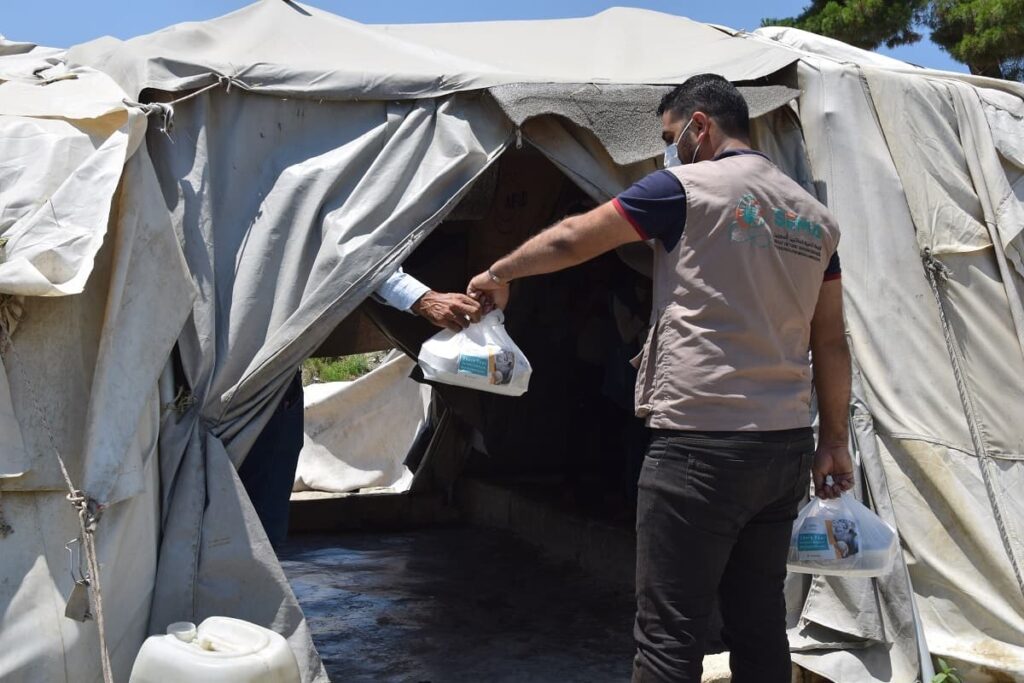
How SEMA can Help you Donate on this Great Day
SEMA provides a convenient platform for Muslims to donate their Sadaqah or Zakat or Qurbani on Arafah Day. Through our website, donors can easily make contributions, which are promptly directed to those in need, including regions like North Syria and Gaza. SEMA ensures transparency and provides updates on your donations, making it easier for you to support your brothers and sisters in faith.
FAQ
What is the significance of Arafah Day in Islam?
Arafah Day is a day of forgiveness and freedom from the fire, with immense spiritual rewards for those who observe it.
Can I observe Arafah Day if I am not performing Hajj?
Yes, Muslims who are not on Hajj are encouraged to fast and engage in acts of worship on Arafah Day.
What are the rewards of observing Arafah Day?
Observing Arafah Day, especially through fasting and supplication, brings forgiveness for the sins of the previous and coming year.
Are there any specific rituals or practices associated with Arafah Day?
Key practices include fasting, supplication, reciting the Qur’an, performing extra prayers, giving charity, and continuous remembrance of Allah.
Read More:
What to Do on the Day of Arafah
How to Prepare for and Perform Qurbani?
Beneficiaries of Qurbani
Qurbani 2024, Your guide to Qurbani
Resources

